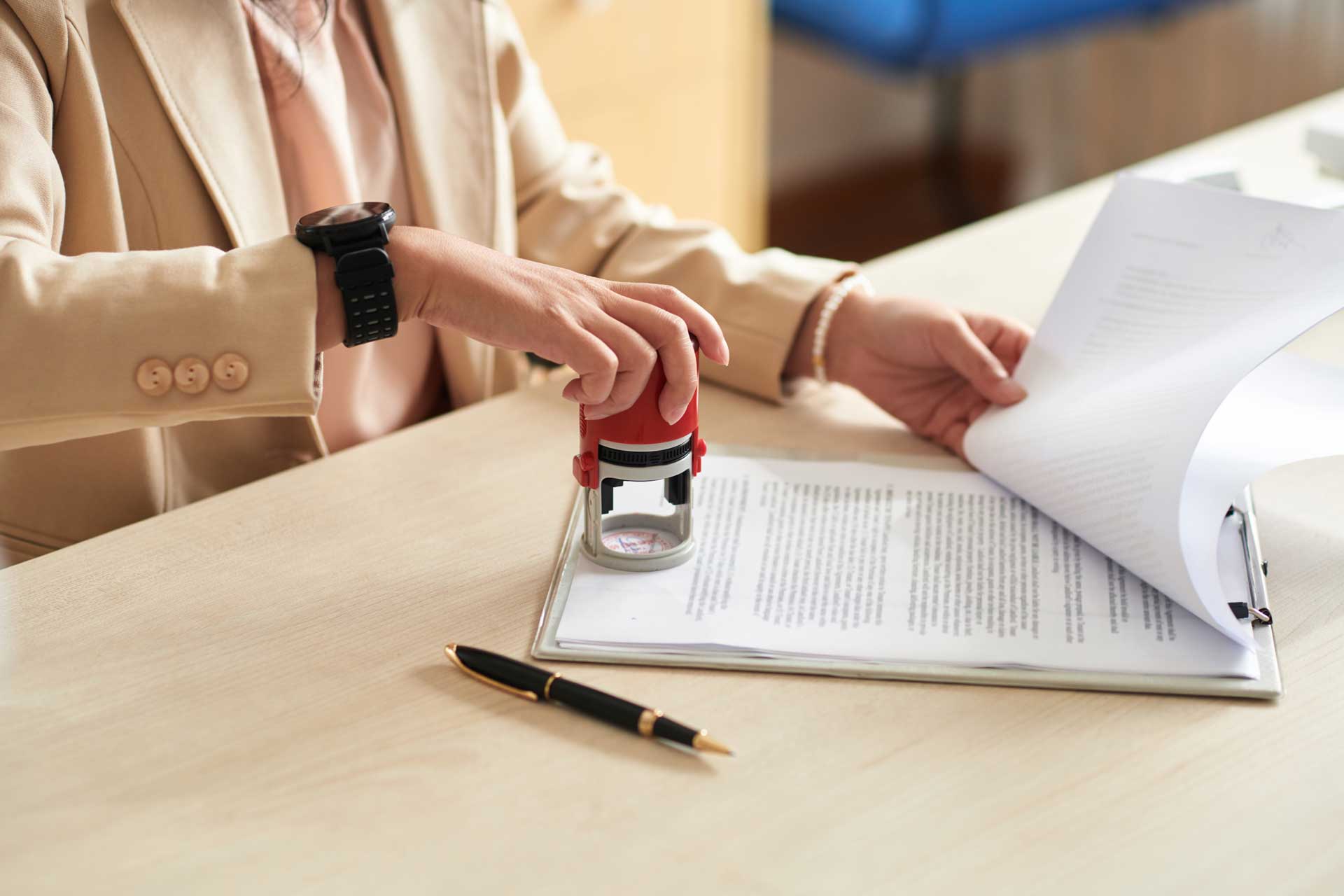
Notarizations are often straightforward, but sometimes unexpected challenges arise. From strange documents to uncooperative signers and emergency requests, notaries must be prepared to handle unusual or difficult situations professionally and legally.
This guide covers navigating unique notarization requests, ensuring that every signing meets legal requirements while protecting both the notary and the signer.
While most notarizations involve standard documents like affidavits, deeds, or contracts, notaries sometimes encounter less common requests that require extra scrutiny.
Whenever faced with an unusual request, pause and evaluate the legal requirements before proceeding.
One of the most common mistakes notaries encounter is being asked to notarize a document with missing information.
Reminder: If a client insists on leaving sections blank, politely explain that the document must be complete before notarization.
Some signers may be distrustful, argumentative, or unclear about the notarization process.
If a signer remains uncooperative or refuses to provide necessary information, document the situation in your notary journal and decline the notarization if necessary.
Notaries may occasionally be asked to notarize unique documents that aren’t common legal forms.
| Document Type | Can It Be Notarized? | Considerations |
|---|---|---|
| Handwritten wills | Maybe | Some states require witnesses, legal review. |
| Personal letters | Maybe | Must contain proper notarial wording. |
| Private contracts | Yes | Signers must agree, and ID must be verified. |
| Translations | No | Notaries cannot verify translations. |
| Photographs | No | Notaries do not notarize images. |
Tip: If unsure about notarizing a document, check your state’s notary handbook or contact your state’s notary commission.
Proper identification is essential for notarization, but not all signers present valid or acceptable ID.
| Situation | Solution |
|---|---|
| Signer presents an expired ID | Check state laws—some allow a grace period. |
| No government-issued ID | Use credible witnesses (if allowed in your state). |
| Signer refuses to provide ID | Notarization cannot proceed. |
| Foreign passport without U.S. entry stamp | May be invalid depending on the state. |
If the signer does not have valid ID, consider alternative identification options, such as credible witnesses, if permitted by state law.
Notaries may receive urgent notarization requests during nights, weekends, or unusual circumstances.
Key Rule: If a request seems suspicious or unsafe, decline the notarization—your safety and integrity come first.
Notaries must follow strict legal guidelines and decline notarization requests that do not meet legal requirements.
| Reason for Refusal | Why Notarization Cannot Proceed |
|---|---|
| Signer lacks valid identification | Identity cannot be verified. |
| Document is incomplete or blank | Prevents fraud and unauthorized changes. |
| Signer is under duress or coercion | Must be a voluntary act. |
| Request involves legal advice | Notaries cannot provide legal guidance. |
| Notarial act is not permitted by state law | Must comply with local regulations. |
If refusing a notarization, remain professional, explain the reason clearly, and document the refusal in your notary journal.
Handling challenging or unusual notarization requests requires patience, professionalism, and legal awareness.
| Best Practice | Why It Matters |
|---|---|
| Always verify the signer’s ID | Prevents fraud and ensures compliance. |
| Ensure documents are complete | Avoids improper notarization. |
| Stay neutral and avoid legal advice | Keeps notarial acts within legal limits. |
| Decline requests that feel suspicious | Protects both the notary and the public. |
| Keep detailed records in your notary journal | Provides legal protection if issues arise. |
By following these best practices, notaries can confidently and professionally handle unusual and difficult situations.
Notaries must be prepared for any situation, from unusual documents to difficult signers and emergency requests. Knowing when to proceed, when to pause, and when to refuse ensures that notarizations are legally valid, secure, and ethical.
Notaries can safeguard their practice, protect signers, and uphold professional standards by following these guidelines.For more expert guidance, visit the Notary Public Association.
Disclaimer: All information provided by Notary Public Association is for educational purposes only and is not intended as legal advice. Notary Public Association makes no representations or warranties as to the accuracy, completeness, or applicability of the information provided and assumes no liability for any actions taken in reliance on it. Always consult a licensed attorney or your local commissioning authority for guidance specific to your notary responsibilities and jurisdiction.
Stay informed with our latest updates, tips, and exclusive offers – subscribe now!